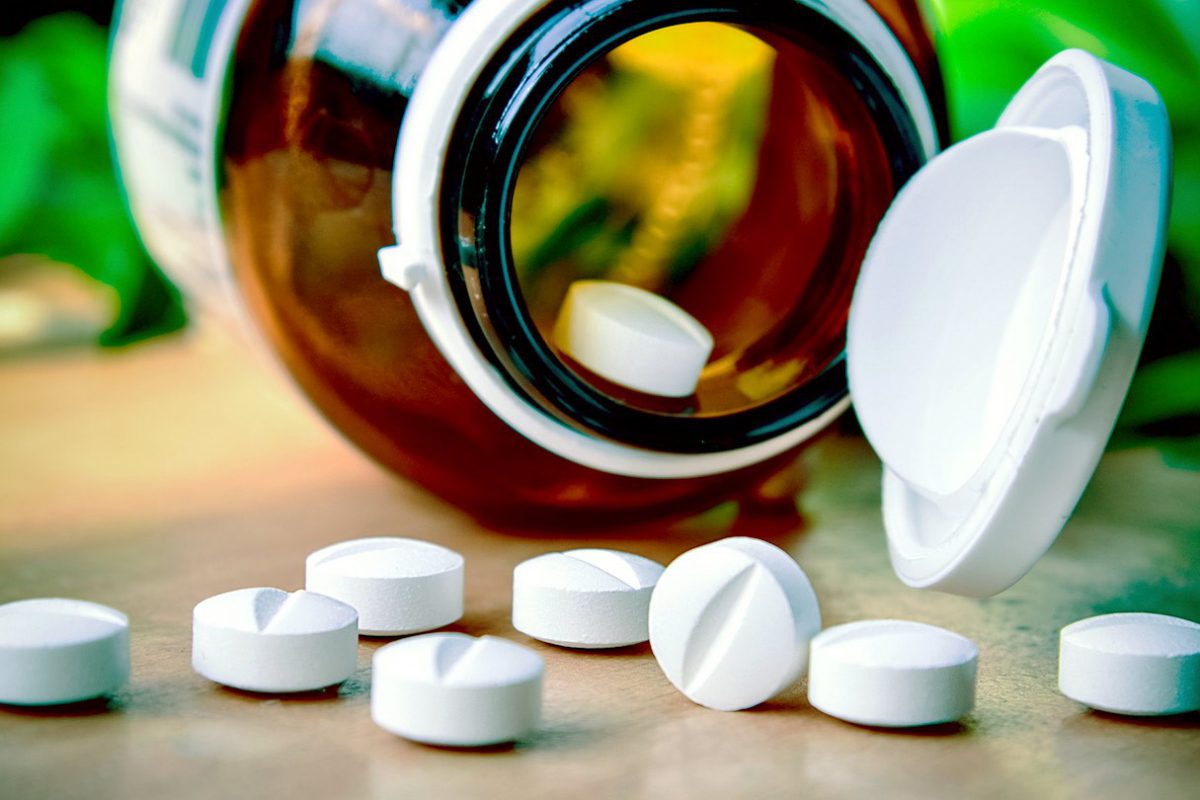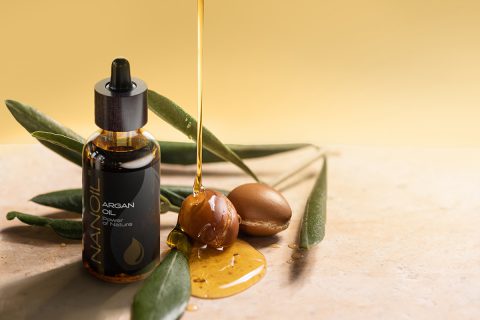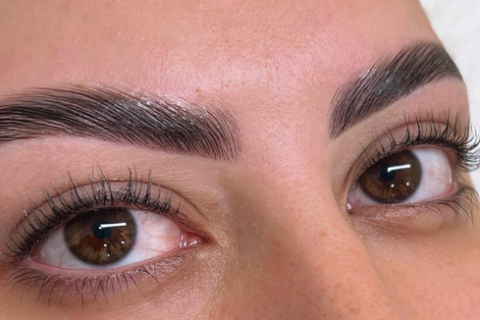Hey!
It’s known as vitamin B7 or H, keeps hair, skin and nails in shape, stabilizes glucose levels in blood. One vitamin fulfils so many functions. We know it by the name biotin. What benefits it has, which foods are highest in biotin and what are the symptoms of its deficit?
What’s biotin?
Biotin is an organic compound occuring in animal and plant tissues. It dissolves in water and is produced by the intestinal flora. It has a big advantage: its deficiency is rare. Biotin has such properties:
- affects positive function of the organism;
- improves condition of hair, skin and nails;
- participates in blood coagulation process;
- enhances proper function of thyroid.
Where to search for biotin?
You can find it in plant and animal-derived foods. Biotin-richest foods include liver, cheese, fish, tomatoes, carrots, spinach, hazelnuts and almonds. If you don’t introduce biotin with food, you don’t need to take it in form of supplements because it’s produced in intestines. However, if you take antibiotics, this process is disrupted and you should replenish biotin in your body.
Symptoms of biotin deficiency
You’ll know you deal with biotin deficit by looking at your skin. If you notice irritations, inflammation, extremely dry skin or uneven tone, it’s time for supplementation or adding variety to your diet. The biotin deficiency is also obvious when you see brittle nails or your hair falls out in excess. Other symptoms include tiredness, sleepiness, lack of concentration, irritation, pricking sensation, weakness.
Is it good to use biotin supplements when you’re pregnant?
Biotin penetrates to mother’s milk so using such products when breastfeeding is not recommended. The doctor’s indication is an exception.





